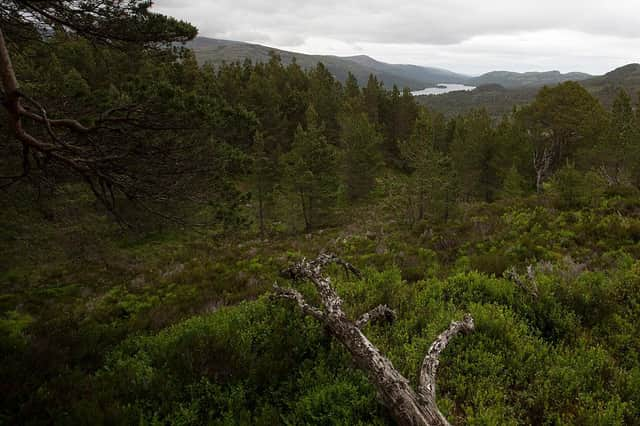Agriculture taking too much of the blame for climate change say young farmers


But many in the next generation of farmers fear that a disproportionate amount of blame for the current climate crisis is being placed at the door of the agricultural industry.
And, in an open letter to Scotland’s rural affairs cabinet secretary, Mairi Gougeon, written jointly by the Scottish Association of Young Farmer Clubs and NFU Scotland’s Next Generation committee, some of the hopes and fears of those keen to guide the industry’s future course were spelled out.
Advertisement
Hide AdAdvertisement
Hide Ad“The challenge which humanity faces is vast, and is greater than any one individual, business or country and we wholeheartedly agree that action is needed now,” states the letter which was signed and supported by 64 of the country’s leading industry commentators.
“But it is equally important that we simply do not offshore our food and drink production, and associated emissions,” it read.
Stating that the ever-growing global population highlighted the importance of food security, the letter stressed that changes were already happening and farms were being run in ever more climate friendly ways: “This is through various methods; from the machines we use, right down to the way we treat our soils in order to lock in more carbon. Regenerative farming measures, such as minimum tillage, rotational grazing, cover crops, buffer zones to encourage wildlife and the use of GPS are only a few examples of some of the ways that farmers are taking advantage of new methods and technologies.”
But fears were raised over the way in which the industry was often portrayed: “Far too often, figures which have no connection to the industry here in Scotland are used in the press to describe our practices. This not only has a detrimental impact on farming’s morale, but it also gives the public a tainted view about the food they eat and how it is produced.”
The document also commented on changing land use – and the effect which this was having on the opportunities for the younger generation: “Whilst we are enthusiastic about the opportunities for integrated agroforestry, and using trees as part of sustainable production systems, we are concerned that the current levels of tree planting on productive areas of land is leading to an unsustainable rise in land prices which will lock new entrants out of accessing the industry.”
Acknowledging that the challenge was not a new one, the organisations said that exploring policy which could facilitate generational renewal across the country’s farms and crofts would be critical to the industry’s climate change success.
The role of the unregulated sale of land for carbon credits was also criticised, with the authors claiming that such an approach did little to encourage green lairds to address the root cause of their emissions: “Large companies are utilising Scottish Food and Farming’s land base to offset their emissions, rather than look for ways to reduce them themselves.”
Comments
Want to join the conversation? Please or to comment on this article.